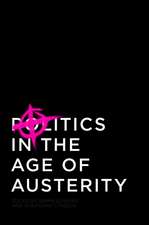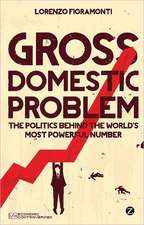Nigeria
Autor Ella L. Jones, Grace R. Edwardsen Limba Engleză Hardback – 24 noi 2008
Preț: 842.99 lei
Preț vechi: 1151.06 lei
-27% Nou
Puncte Express: 1264
Preț estimativ în valută:
161.31€ • 166.41$ • 134.61£
161.31€ • 166.41$ • 134.61£
Carte disponibilă
Livrare economică 05-19 martie
Preluare comenzi: 021 569.72.76
Specificații
ISBN-13: 9781604567632
ISBN-10: 1604567635
Pagini: 214
Ilustrații: tables & charts
Dimensiuni: 188 x 264 x 19 mm
Greutate: 0.66 kg
Ediția:New.
Editura: Nova Science Publishers Inc
ISBN-10: 1604567635
Pagini: 214
Ilustrații: tables & charts
Dimensiuni: 188 x 264 x 19 mm
Greutate: 0.66 kg
Ediția:New.
Editura: Nova Science Publishers Inc
Cuprins
Preface; Counselling Undergraduates of the Health Care Professions in a Developing Country: Are There Peculiar Needs or Desires?; Health Knowledge, Attitudes and Practices; The Essence of Citizenship Education and Lifelong Learning: Lessons from Nigeria; Globalisation and Conflicting Educational Values in Northern Nigeria; Kinship and Child-rearing in Two African Societies: A Comparative Investigation of the Orring and the Igbo of Southeastern Nigeria; The Menace of Cultism in Nigerian Tertiary Institutions; An Elusive Friendship: Nigerian-Soviet/Russian Relations, 1960-2000; The 911 Incident and Its Aftermath: Implications for Nigeria-U.S. Relations; Nigeria and the European Union: The Lome Years and Beyond; Nigeria (Trade Summary); Index.












